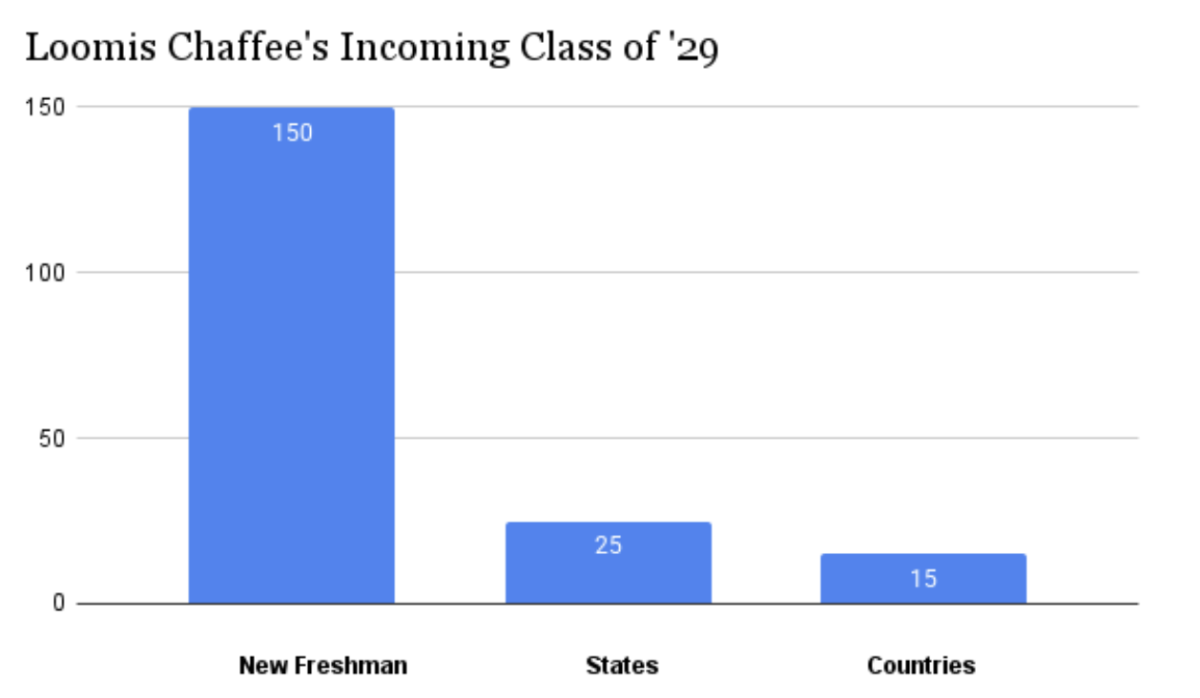In the quest for sustainability at Loomis Chaffee, numbers tell a compelling story of ambition, challenge, and commitment. At the lead of this narrative is the reality of our environmental footprint, highlighted by our extreme usage and waste of the luxuries we take for granted, such as water, energy, and food. With a monthly average of 7,700 pounds of food waste, the figures paint a clear picture of the urgent need for concentrated action in reducing our impact on the environment.
Our sustainability journey is guided by specific goals aimed at minimizing waste and maximizing efficiency. The school’s energy supply is a testament to our commitment, with approximately 25% being sourced from our 1 MW solar array. This significant step towards renewable energy is part of a broader strategy to not just offset our carbon footprint but to fundamentally rethink our resource consumption.
The Alvord Center and the E-Proctor group have been instrumental in mobilizing the school community toward achieving these goals. Through innovative programs and activities, particularly in coordination with Earth Month, the center seeks to engage students, faculty, and staff in a collective effort to drastically reduce waste and promote sustainability. Last year’s food waste challenge, which will return this spring, is clear evidence of this.
Water conservation efforts are also critical to our sustainability objectives. With initiatives aimed at reducing overall water usage, including replacing urinals in some buildings with efficient water-less urinals, the school is committed to not only lowering its utility bills but also contributing to the conservation of this vital resource. Energy consumption is another key focus, with programs designed to decrease use and increase awareness of the impact of everyday actions.
The initiatives run by the Alvord Center are more than just environmental campaigns; they are part of a comprehensive approach to embedding sustainability into the fabric of our community. By focusing on the numbers, we are reminded of the scale of our impact and the potential for change. The 7,700 pounds of food waste serves as a stark indicator of the need for change, propelling us towards more responsible consumption and waste management practices.
Looking ahead, the challenge is clear: to not only address these numbers but to significantly improve them. The community’s role in this effort cannot be overstated. Every meal, every light switch, and every drop of water counts. The collective actions of the Loomis Chaffee community have the power to transform these figures, reducing our environmental footprint and setting a precedent for sustainability in education.
As we continue to navigate our sustainability journey, the numbers serve as both a reminder of the challenges we face and a beacon of hope for what we can achieve. Through dedicated efforts, innovative solutions, and community engagement, Loomis Chaffee is poised to make substantial strides in sustainability, proving that even in the world of numbers, change is possible and impactful.








